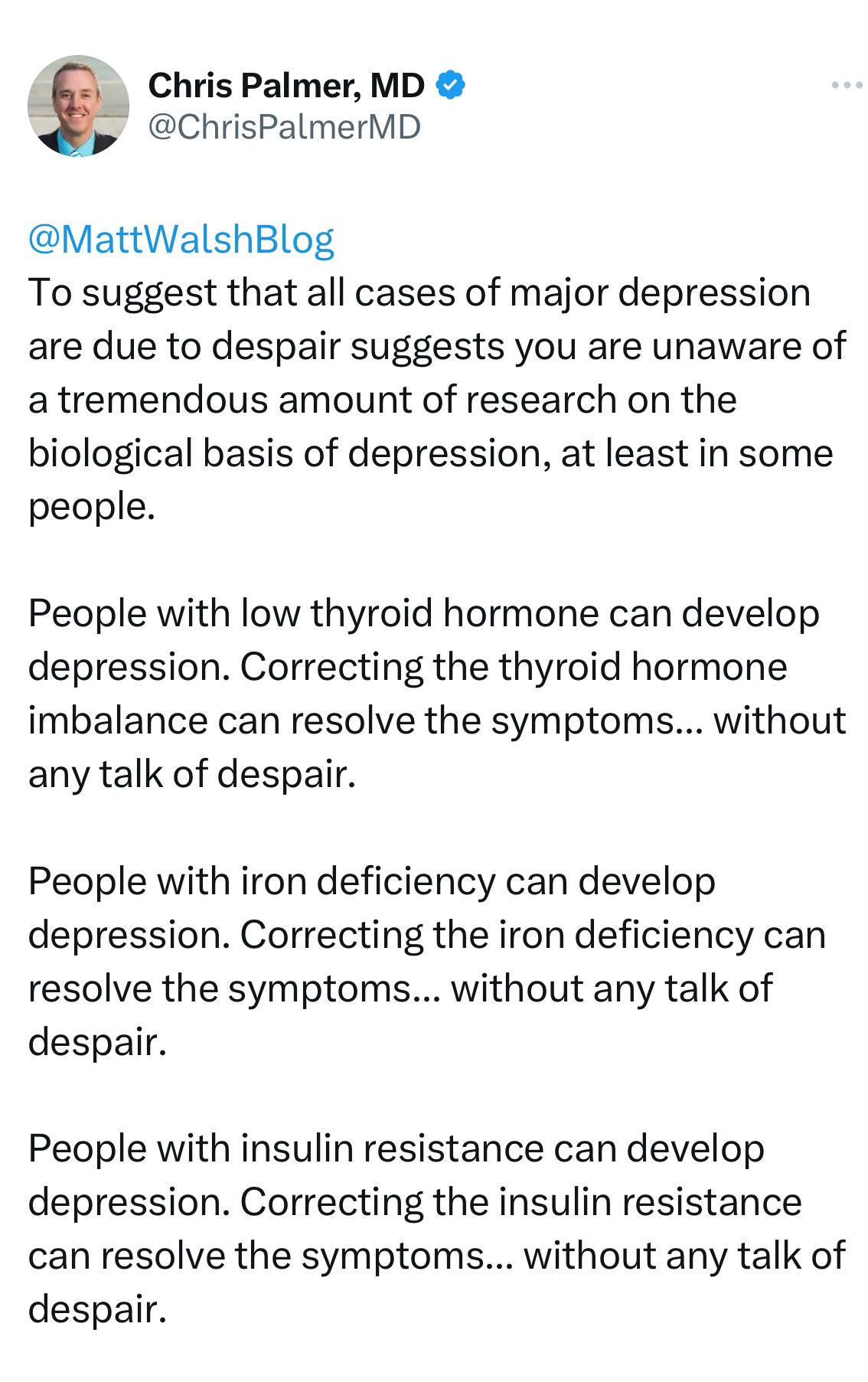Historically most mental health problems are episodic. Prompted by hardships, loss, relationship difficulties, set backs in life, social problems and reactions to traumatic experiences.
Depression can be understood as a “state of being”, encompassing prolonged feelings of despair and low mood, affecting individuals on physical, emotional, cognitive, and spiritual levels. It is a facet of the human experience that few, if any, can entirely evade. Throughout life, it is probable that each of us will encounter extended periods of profound sadness that may be characterized as depressive episodes.
The severity of depressive episodes can certainly vary, and some people may endure persistent and prolonged episodes of depression. Childhood abuse, violence, neglect, recurrent loss, and a series of perceived failures emerge as a primary predictor of more enduring and severe depressive states in adulthood.
I believe in the human capacity to overcome challenges, even in the face of hardship. Emotions are not illnesses, but messages from your body, mind and spirit. Labeling them as “mental illness” is harmful. In this regard, depression can also be viewed as an aversive state that is designed to motivate introspection, adaptation, creation and needed change.
Given that our inner worlds are predominantly inaccessible to those around us, psychotherapy serves as a valuable avenue for conveying these inner experiences to a mental health professional. In active and goal oriented therapies the treatment of depression seeks to alter self defeating patterns of thinking and behavior that may maintain depression.
For transformation to take root, a crucial step is understanding the depressive episode as a potential catalyst for necessary change. The label of "depression" serves only as a heuristic—a shortcut for communication—to encapsulate the entirety of the complex experience.
But what happens if depression is categorized a “Major Depressive Disorder”? A medical condition suggesting something is biologically wrong? For instance, I sought out how the Mayo Clinic and Webmd.com communicate depression to the public.
Mayo Clinic Website:
“Depression is a mood disorder that causes a persistent feeling of sadness and loss of interest. Also called major depressive disorder or clinical depression, it affects how you feel, think and behave and can lead to a variety of emotional and physical problems. You may have trouble doing normal day-to-day activities, and sometimes you may feel as if life isn't worth living.”
“More than just a bout of the blues, depression isn't a weakness and you can't simply "snap out" of it. Depression may require long-term treatment. But don't get discouraged. Most people with depression feel better with medication, psychotherapy or both.”
On webmd.com, the cause of depression is portrayed as exclusively biological:
Doctors haven’t pinpointed the exact causes for depression. They think it may be a combination of things, including:
Brain structure. People with depression seem to have physical differences in their brains from people who don’t have depression.
Brain chemistry. Chemicals in your brain called neurotransmitters play a part in your mood. When you have depression, it could be because these chemicals aren’t working the way they should.
Hormones. Your hormone levels change because of pregnancy, postpartum issues, thyroid problems, menopause, or other reasons. That can set off depression symptoms.
Genetics. Researchers haven’t yet found the genes that might be responsible for depression, but you’re more likely to have depression if someone you’re related to has it.
I recently came across a compelling exchange on X involving political commentator Matt Walsh, host of the "Matt Walsh Show" on The Daily Wire. He was quoted on January 21, 2024, expressing the following viewpoint on depression:
“My argument is that depression is despair, which ultimately is a product of the human condition and, to one extent or another, an inevitable experience for conscious beings in this world. I think calling it a disease is a category error and also misses the point and in the end hinders our ability to deal with it effectively. Which is why depression rates are getting worse, not better.”
Matt Walsh, The Daily Wire
In reaction to Matt's perspectives, Harvard Psychiatrist and author of "Brain Energy," Dr. Chris Palmer joined the conversation. Dr. Palmer shared his insights during the 40th episode of the Radically Genuine Podcast on June 16, 2022. Listen here
I am troubled by Dr. Palmer's portrayal of depression as “major depression”, as it contributes to a public misunderstanding of mental health conditions. When someone has a medical condition like low thyroid, it should be accurately labeled as a “Thyroid Condition" not "Major Depressive Disorder."
While nutritional deficiencies, hormonal imbalances, or other medical issues can indeed impact mood, energy, and motivation, mimicking what a psychiatrist might categorize as "major depressive disorder," diagnosing it as psychiatric would be a misdiagnosis. This mislabeling is a categorical error, stemming from the biomedical revolution that aimed to depict emotional and psychological suffering as an underlying disease.
When we identify a medical condition, it should be addressed by the relevant medical specialist. For instance, a low thyroid condition would be treated by an endocrinologist rather than a psychiatrist.
In simple terms, an individual experiencing chronic depression due to a sequence of stressors, losses, and perceived failures should not be approached for treatment in the same manner as someone with low thyroid. In reality, their history and clinical presentation would likely reveal significant differences.
I was trained to rule out medical or drug related conditions first prior to assuming the condition is “psychiatric” or “psychological”in nature, and requires such treatment. There seems to be a genuine confusion in this regard, even amongst a renowned Harvard Psychiatrist.
What if someone were dealing with persistent fevers? We would assume that the immune system is activated to combat a virus or bacteria. Chronic fevers would naturally raise concerns about one's immune health and the possibility of more severe health conditions. We wouldn't simply label it as a "fever disorder" and dismiss the individual without further investigation.
“Take 2 Ibuprofen in the morning, afternoon, and evening to manage your fever disorder. Unfortunately, we don't understand the underlying cause of your fever disorder, but you're advised to take this fever reducer indefinitely.”
This may sound absurd, but it draws a parallel to contemporary psychiatric care.
Accurate diagnosis should drive the treatment.
Psychiatric diagnoses, such as "Major Depressive Disorder" or "ADHD," are essentially empty labels. They represent checklists of symptoms without understanding the actual reasons behind the conditions.
Matt Walsh makes a valid point. Referring to depression as a disease is a categorical mistake that obstructs our capacity to comprehend and address it effectively. It negates the acknowledgment of the psyche, mind, or spirit, integral components of human consciousness.
When someone goes through the heart-wrenching experience of their spouse leaving and falls into despair and self-loathing, attributing it to genetics, hormones, or brain imbalances appears utterly absurd. We wouldn't casually classify this as a "brain disorder," yet that's precisely the path psychiatry has taken.
What's even more mind-boggling is that when this person grieves, makes positive changes, and finds a new love that lifts their mood, we wouldn’t credit it to some miraculous brain chemical correction. Yet, if on an “antidepressant” this might be what actually happens.
We have lost our collective minds.
As relational and spiritual beings, we grapple with the challenges of loss, attachment, purpose, and the meaning of life. What sets us apart is our extraordinary ability to conjure alternative realities within our minds. Humans, with all our inherent vulnerabilities, are prone to descending into dark places. Yet, this descent is not necessarily negative and can be very adaptive.
In these dark places, introspection and emotional pain have been known to give birth to beautiful art, spark crucial transformations, and ignite the flame of new beginnings.
Dr. Palmer's point is well-founded. In our increasingly unhealthy society marked by obesity, exposure to environmental toxins, poor diets, and sedentary lifestyles, there's a noticeable increase in symptoms such as low mood, fatigue, and low motivation. When these problems stem directly from our lifestyle choices they require health and lifestyle interventions.
Let's be frank; this population is not sick because of "Major Depressive Disorder" and labeling it as such is misleading and harmful.
We've ridiculously simplified the human experience, reducing it to a simple biological explanation that promises a quick fix.
It’s up to us to stop buying what they are selling. Welcome to team reality.
No more bystanders.







Primary care physicians are prescribing SSRIs based on questionaries (probably unvalidated and developed in a Pharma marketing department) and sending people on their way. There are days where if I answered those questions honestly I would have walked away with a prescription myself. This is just terribly wrong. I know so many young people who are taking these things!
as a holistic psychotherapist supporting folks tapering off SSRIs, i just want to commend you for continuing to be a voice for the voiceless. Trapped trauma in the nervous system and compromised gut health (intestinal permeability) seem to be the culprit to me clinically. it is a true tragedy that pharma marketing departments have misled the general public into the modern day lobotomy.